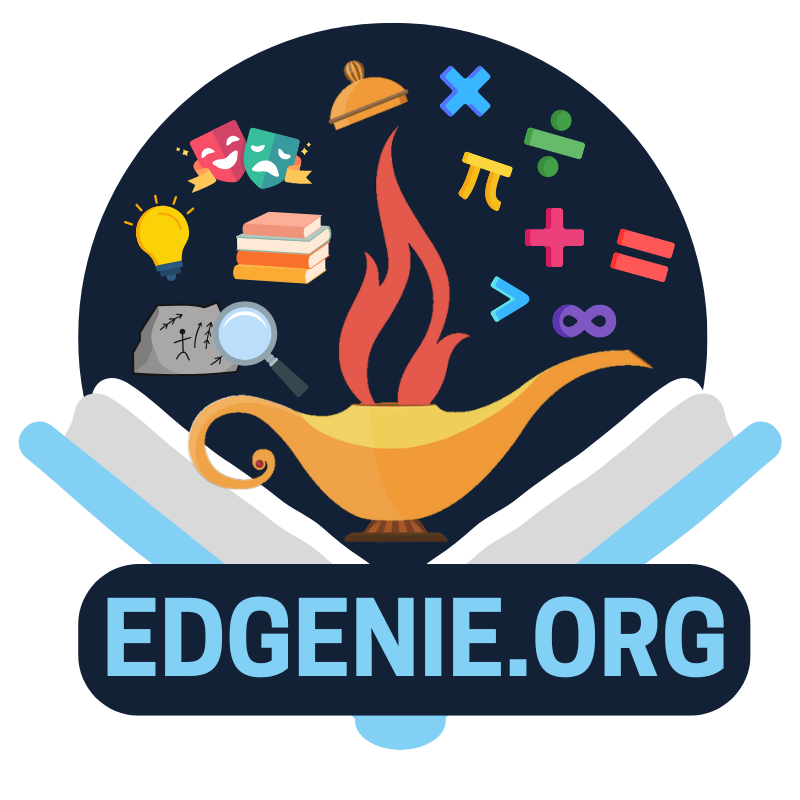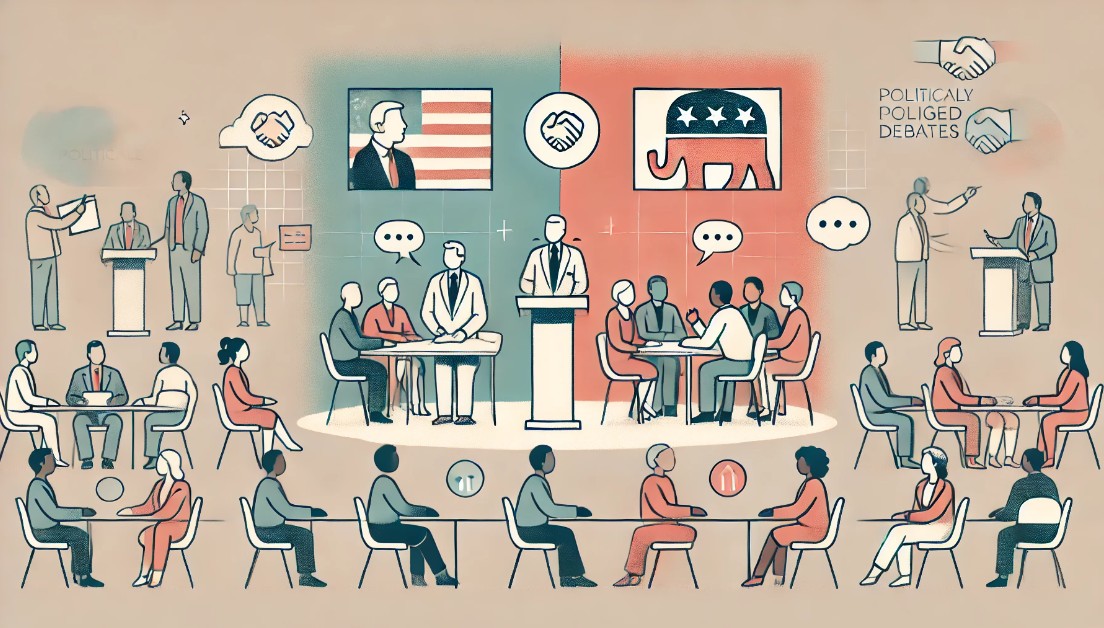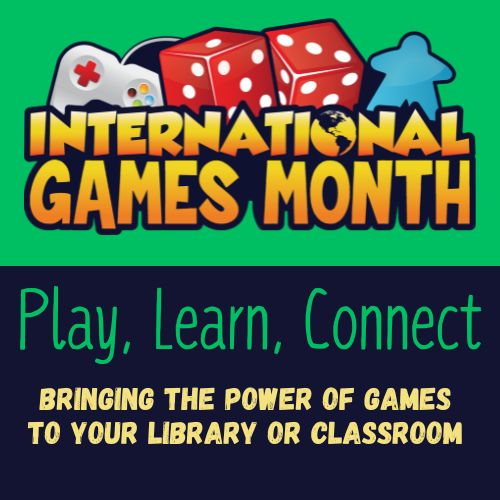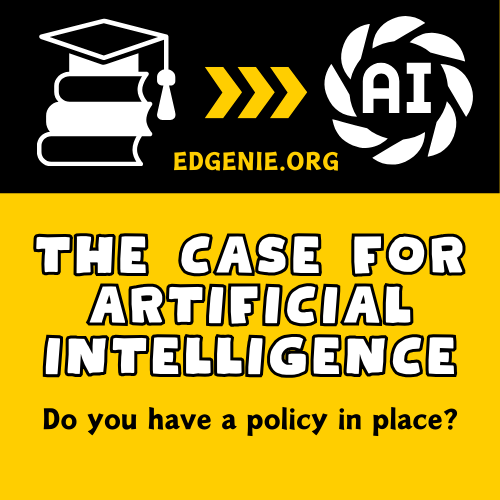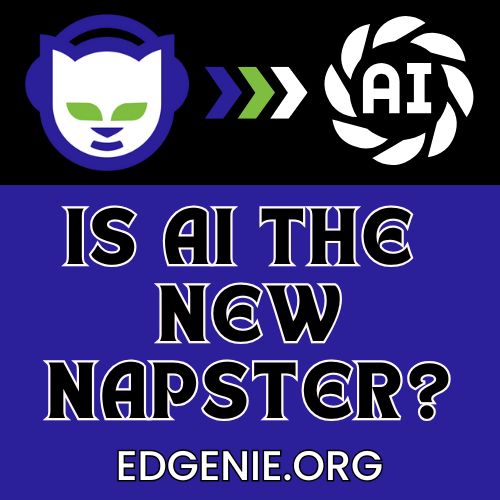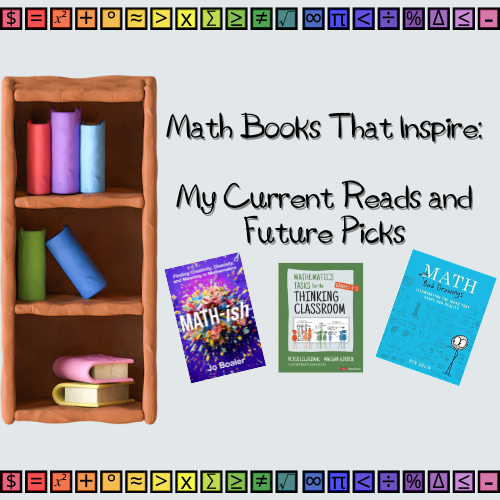Why Teaching Microskills in a Politically Charged Climate is more Effective—and less controversial—Than Debates
This article discusses the importance of teaching microskills like facts vs opinions, critical thinking, source evaluation, and media literacy in a politically charged classroom environment. Rather than engaging students in potentially polarizing debates about political candidates, the article suggests focusing on nonpartisan microskills to promote civic engagement, critical thinking, and informed decision-making. These foundational skills allow students to navigate complex information without risking bias accusations or backlash from parents or administrators. By teaching microskills, educators can maintain a neutral classroom environment while equipping students with lifelong skills.
Play, Learn, Connect: Bringing the Power of Games to Your Library or Classroom
Did you know that November is International Gaming Month? When I was in the district, I taught a gaming course and brought board games into study halls as a way to help students connect, unwind, and think critically—all while having fun. With students often experiencing too many study halls and a decline in homework, they’re left with time to fill and a need for real, meaningful engagement. Board games are a simple but powerful way to build connections, and they offer an alternative to screens that actually gets students talking, strategizing, and even laughing together. What’s great is that study…
Unlocking Student Success: Integrating Literacy Skills to Master Next-Gen Science Standards
Are your students struggling to meet the Next Generation Science Standards? One of the biggest obstacles isn’t just content knowledge—it’s the ability to make inferences. This essential skill is often overlooked, yet it’s a game changer when it comes to understanding complex scientific concepts. By integrating literacy strategies, like inferencing, into your science instruction, you can help students connect their background knowledge with evidence and build the reasoning needed for deep comprehension. Ready to empower your students to think critically and ace those performance expectations? Dive into our latest post for practical tips and tools to make it happen!
The Case for AI in Schools
Curious about how AI is reshaping our classrooms—and why every school needs clear rules to keep it in check? A recent lawsuit in Massachusetts shows just how high the stakes can be. When a student was penalized for using AI in a project, the lack of clear guidelines led to unexpected consequences. Discover why bringing AI “into the light” with a transparent Code of Conduct can protect students, support teachers, and prevent confusion down the line. Ready to dive in? Find out what every educator needs to know.
Is AI the New Napster?
Curious about the wild frontier of AI and how it echoes the early, chaotic days of Napster and torrent sites? Imagine a world where AI, fueled by endless data—including copyrighted content—generates art, music, and stories without clear rules or permissions. From lawsuits against AI companies to concerns about deep fakes and content creators’ rights, we’re at a tipping point that could reshape the future of creativity and information. Dive into this article to explore the ethical questions and the urgent need for regulation that could either harness AI’s potential—or let it run wild.
Canva Updates: Droptober is HERE!
Canva just dropped a massive update, and trust us—you don’t want to miss this! From the new Dream Lab AI image generator to automatic page numbers (finally!), Canva’s latest features are designed to make your work easier, faster, and more impactful. Imagine creating stunning visuals in seconds, adding page numbers with a click, and designing accessible, on-brand video captions—all within Canva! Plus, the Teacher Work Kit is packed with templates and resources to take your lesson planning to the next level. 🌟 Ready to see how these tools can transform your classroom or library? Dive in and discover what’s new!
The Evolution of Mathematics: What is a Ten Frame?
Continuing our series on The Evolution of Mathematics, let’s dive deeper into understanding why the math we’ve always done—and the algorithms behind it—work the way they do. In our initial post, we explored the idea that while math itself hasn’t changed, our approach to teaching it has shifted to emphasize understanding why algorithms work, rather than just how to perform them. In this post, we’ll focus on some effective strategies teachers are using to help students grasp these concepts on a deeper, more conceptual level. Let’s start by exploring the foundational tool of the ten frame. What is a ten…
AI Tool: Curipod
Curipod combines the interactive power of Pear Deck with new AI-driven features that boost engagement in fresh, meaningful ways. Students move from passive listeners to active participants, voting on questions, polls, and even topics to explore next. The built-in **AI Feedback** feature offers instant suggestions, encouraging students to refine and improve their responses on the spot. Curipod turns traditional learning moments into interactive, customized experiences, helping students feel seen, heard, and involved as they shape each lesson alongside you.
“Encounter” by Jane Yolen: A Step Towards Inclusivity, but There’s Room to Grow
In today’s classrooms, the stories we choose to tell matter more than ever. When teaching about historical events—especially ones as monumental as the arrival of Europeans in the Americas—the narratives we highlight can shape students’ understanding of the past and its complexities. For many years, the traditi onal Eurocentric perspective dominated history lessons, portraying events like Columbus’s arrival through the lens of European “discovery” and colonization. Thankfully, this has started to change, with more educators seeking out literature that represents Indigenous voices and perspectives. One such book that takes a meaningful step in this direction is Encounter by Jane Yolen.…
Math Books That Inspire: My Current Reads and Future Picks
As a passionate math educator, I find inspiration not only in the classroom but also within the pages of thought-provoking books. Whether it’s deepening my understanding of complex concepts or discovering new teaching strategies, math books have a special way of expanding both my knowledge and approach. In this post, I’m excited to share with you the math books currently on my nightstand, as well as a few that are next on my reading list. From insightful explorations of mathematical theory to practical guides for classroom instruction, these reads offer something for every math enthusiast or educator looking to spark…
